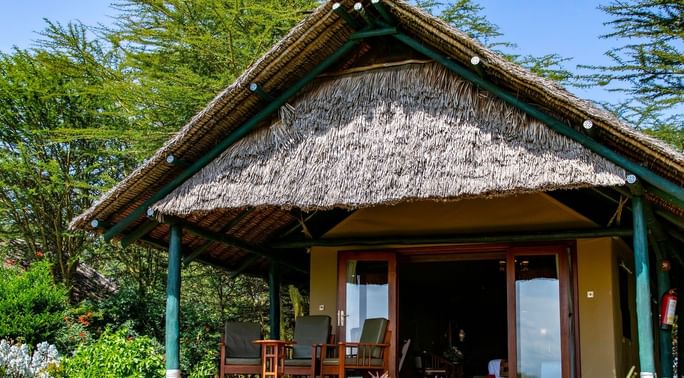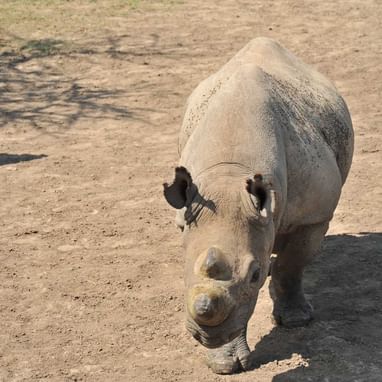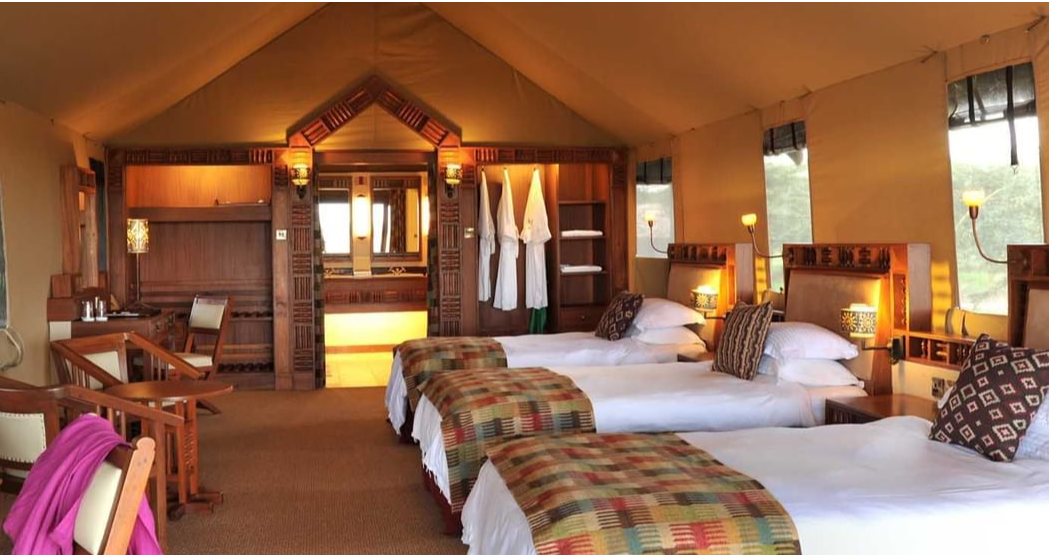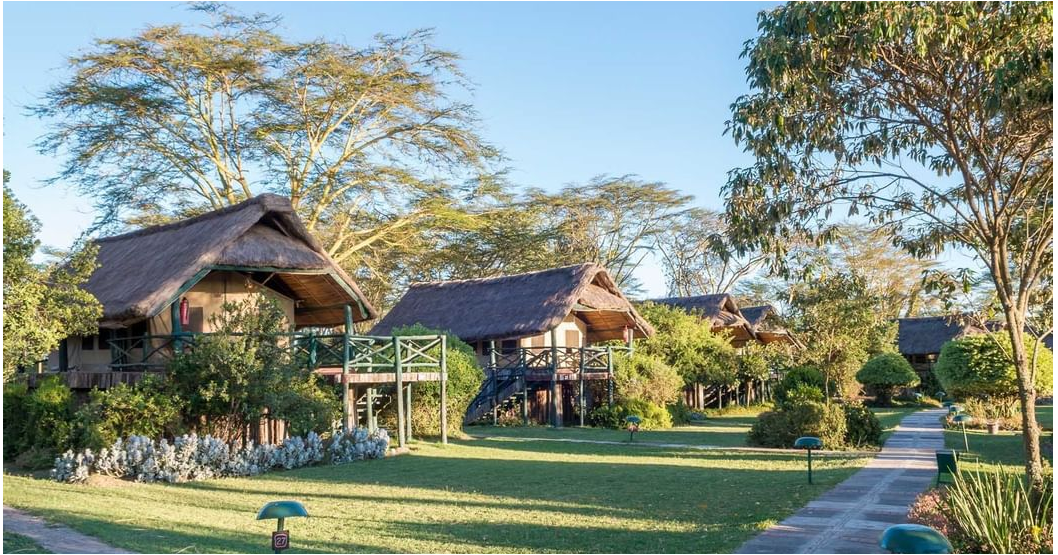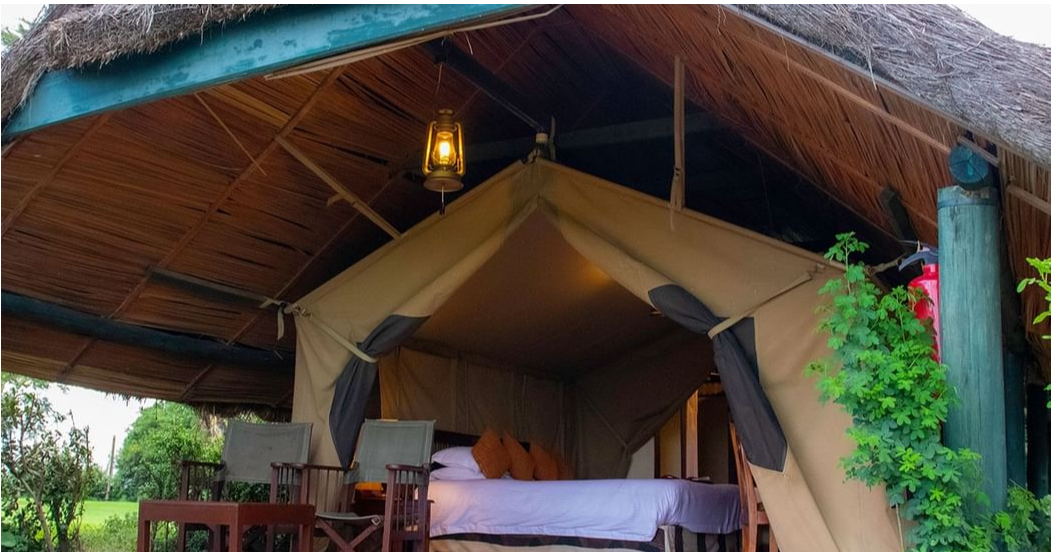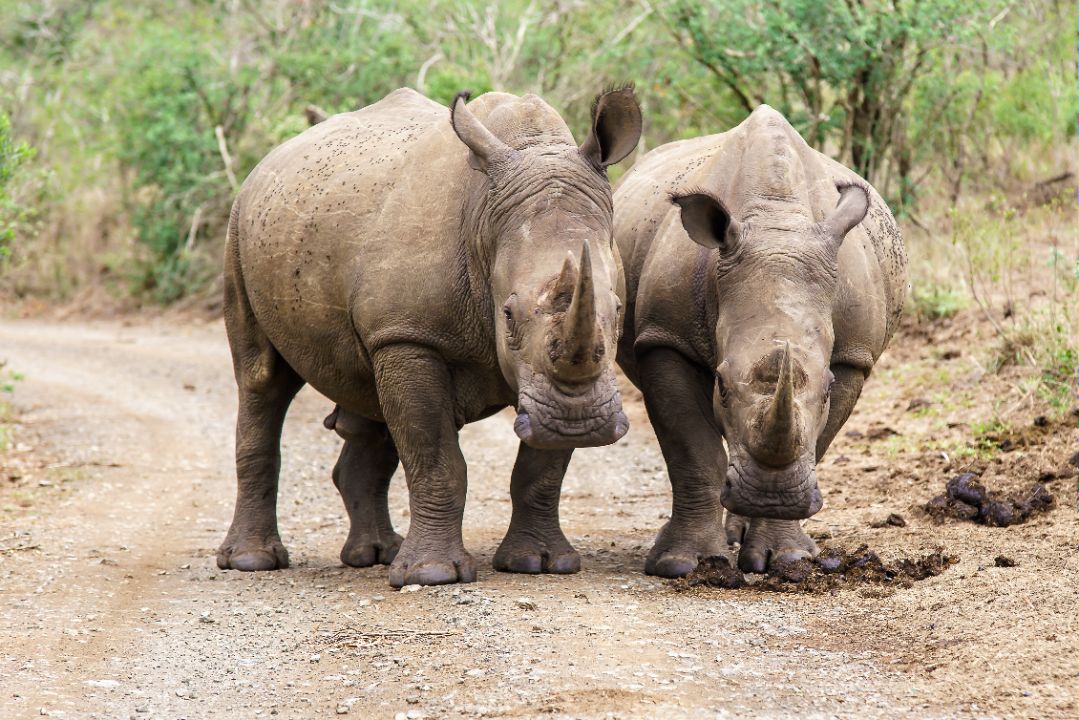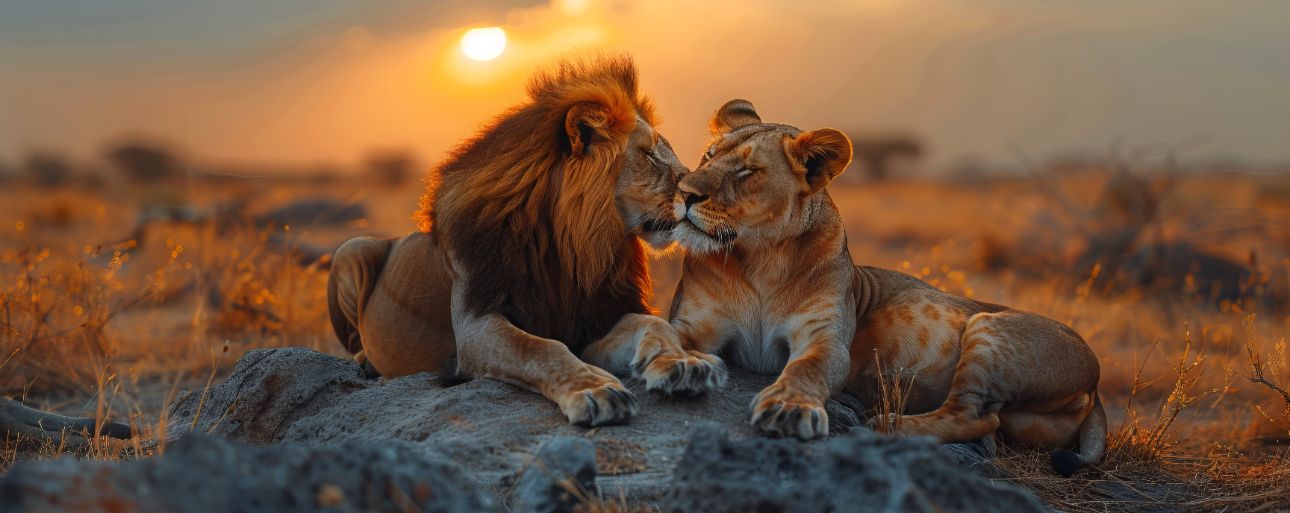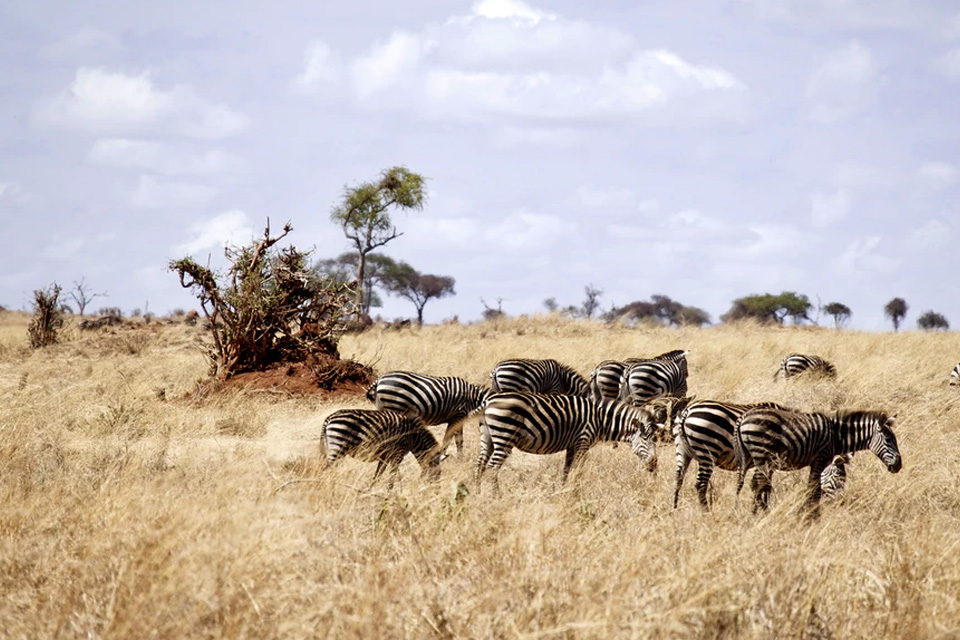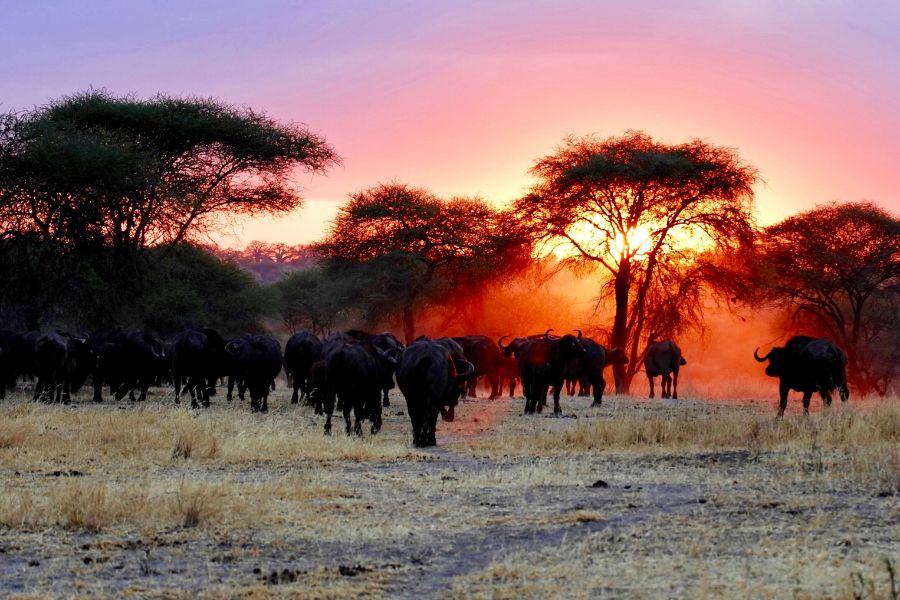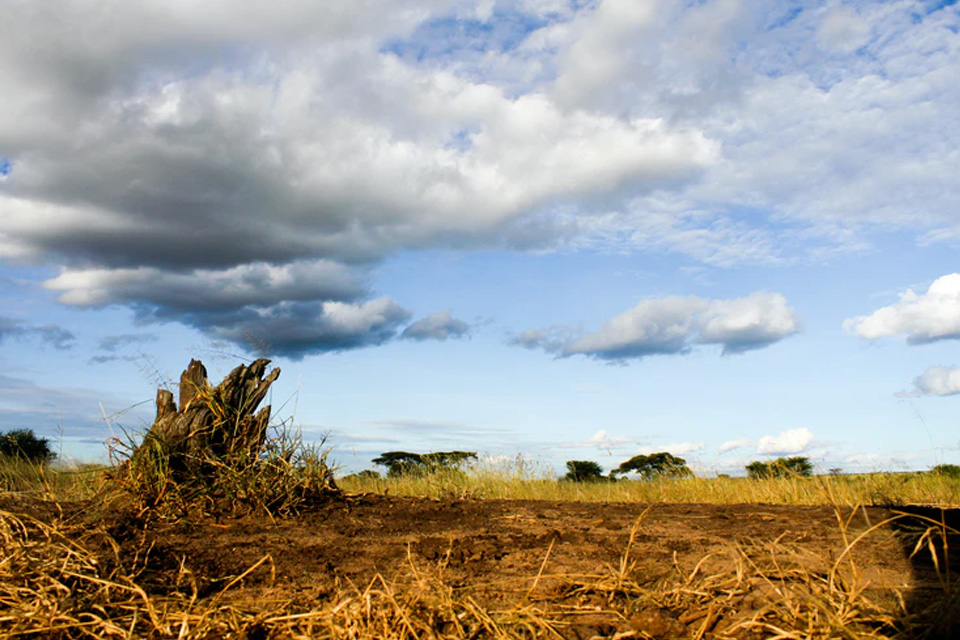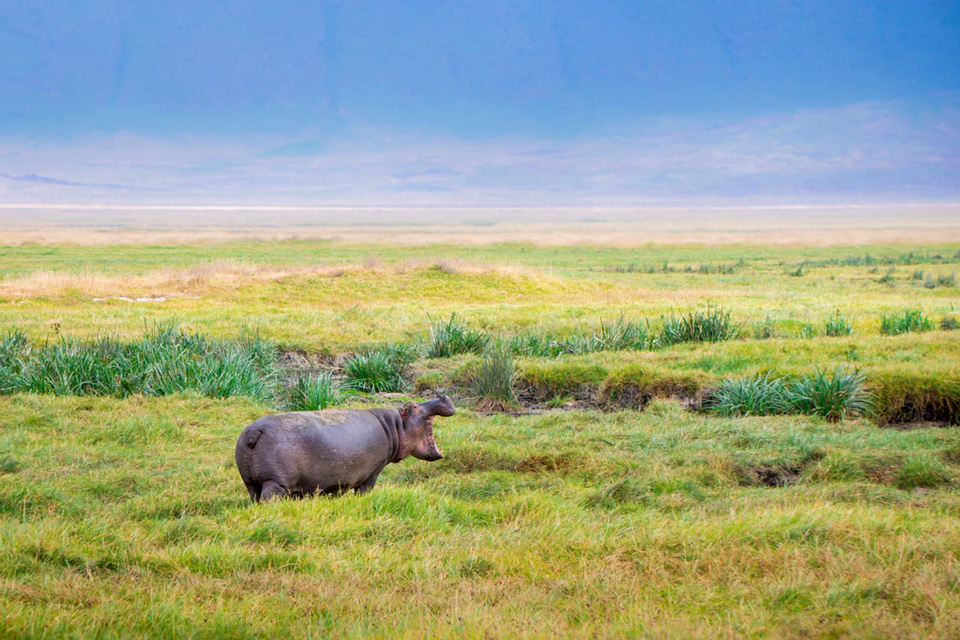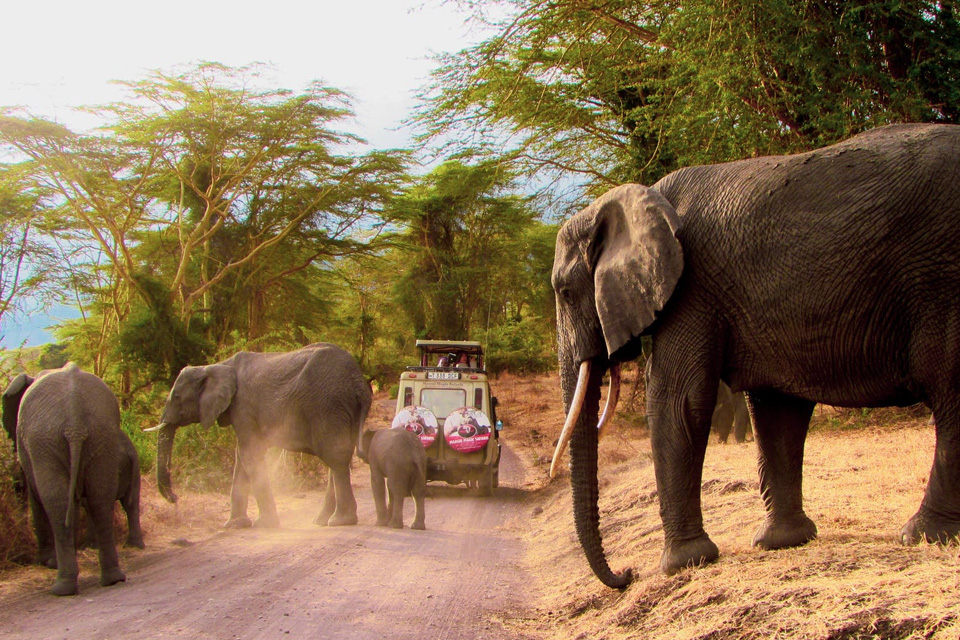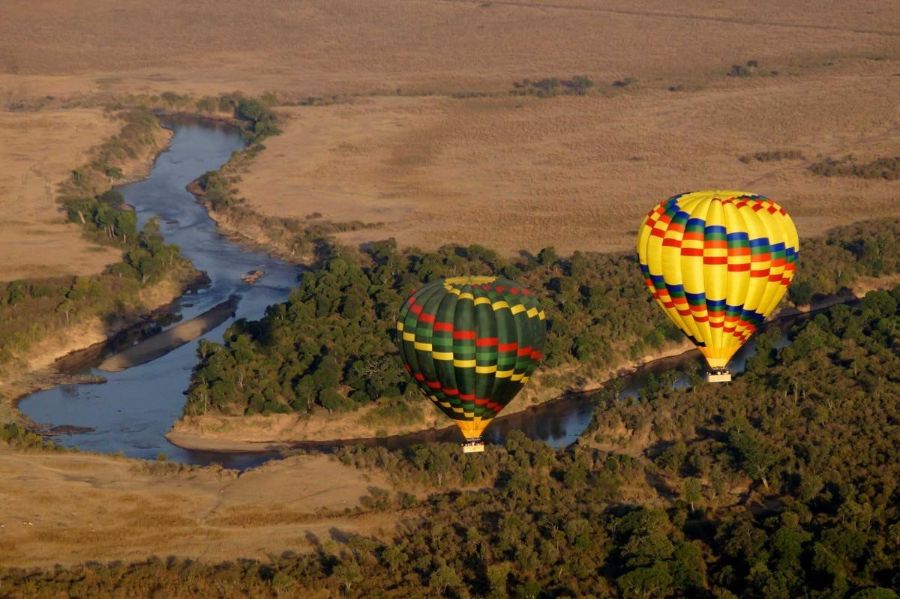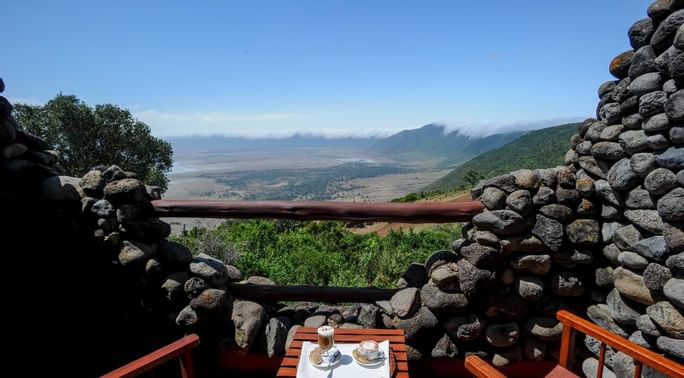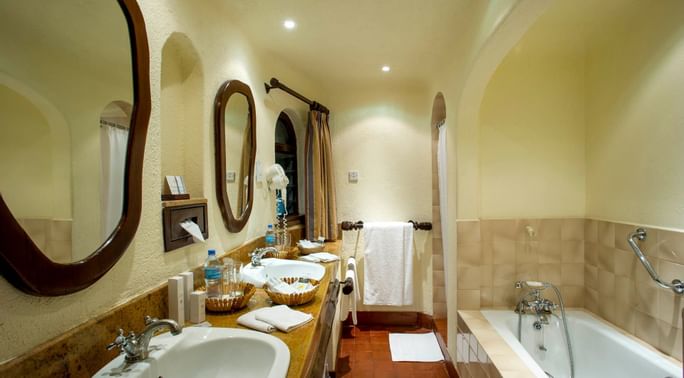Credit: The Toronto Star
ARTHUR FROMMER (the guru of travel guides) had this to say recently - Kenya, in East Africa, is regarded by many travellers, including me, as Africa’s best location for safari adventures at an affordable price.
Botswana’s lodges may be more elegant, and South Africa combines open-air safaris with urban attractions — Cape Town is a tourist favourite — but Kenya virtually guarantees an abundance of wildlife for your excursions into the bush, and offers wonderfully low prices for the entire safari experience.
 When you venture into the games parks of Kenya, and drive in an open-air van through the Maasai Mara and the Serengeti, you almost always pass hundreds of animals of every conceivable species, and view the world as it was before human beings inhabited it so many years ago.
When you venture into the games parks of Kenya, and drive in an open-air van through the Maasai Mara and the Serengeti, you almost always pass hundreds of animals of every conceivable species, and view the world as it was before human beings inhabited it so many years ago.
The experience is mystical and memorable. When, by contrast, you travel through the wildlife areas of numerous other African countries, you sometimes pass days when you spot only an occasional animal. Contrast that with the many thousands of wildebeest, giraffes, elephants, lions, cheetahs, monkeys and more that roam the safari areas of Kenya.
I count my own safari experience in Kenya as one of the highlights of all my travels.
And all this is available at an affordable price, for as little as $2,700, on occasion, for a one-week Kenyan safari, including round-trip air, an expenditure that brings real value.
The lodges of Kenya in the wildlife areas are clean and comfortable, and serviced by wholly acceptable dining areas, and cost far less than you’d pay elsewhere on the African continent.
Kenyan safaris are group trips designed for the middle class and not for the wealthy 1 per cent hoping to imitate Ernest Hemingway.
But given the recent terrorist attack against customers of a shopping mall in the country’s capital, Nairobi, is it safe to travel to Kenya?
Within days of that front-page incident, the U.S. State Department issued a reminder that its previous travel warnings advised Americans to be extremely cautious about scheduling a trip to Kenya.
The State Department warning was immediately attacked by the Kenyan authorities, for whom an injury to the country’s tourism industry is an awesome injury to the nation’s economy as a whole.
A large percentage of Kenya’s economy is directly dependent on tourism, and a slowdown in incoming tourism means economy misery for millions of Kenyans.
Tour operators to Kenya will point out that it is not necessary to spend time in that nation’s capital, Nairobi. They meet arriving flights in Nairobi and immediately transfer their passengers to a luxurious resort on the outskirts of Nairobi for the first night. Next morning, passengers are transferred by plane or bus into the games parks of Kenya, and then spend their remaining time on safari, viewing the extraordinary wildlife of those areas. The games parks, the tour operators contend, are utterly removed from terrorist threats.
But are they? And will the same terrorists from neighbouring Somalia make an example of safari visitors, in retaliation for the fact that the Kenyan army is actively putting down the insurgency in Somalia?
The possibilities are remote ones, and I for one would counsel continued tourism to Kenya, a country setting a model for the rest of Africa in its creation of a burgeoning middle class and relatively-clean elections. It would be a disaster to African progress if Kenya now went down the tubes, as a cessation of tourism would bring about.


